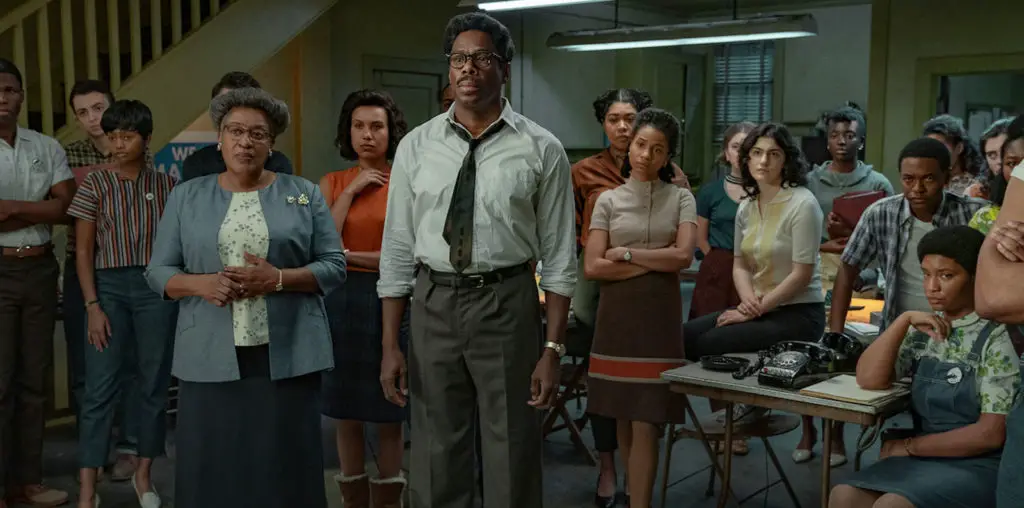
Two years after the term artificial intelligence (AI) was coined, Tennis for Two, the world’s first video game, was created by a nuclear physicist. Despite AI being commonplace in gaming for decades, the rapid development of generative AI may soon result in more compelling gameplay and provide huge economic benefits for developers. From improving graphics with tools that upscale image to enhancing overall gaming experiences, AI is set to revolutionize the industry. Continue reading to learn how generative AI is a turning point for the gaming industry.
How AI is Shaping Gaming
AI technologies are enhancing gaming experiences in various ways already. For instance, the technology is leading to non-playable character intelligence enhancements to provide players with richer experiences. For example, Call of Duty: Mobile allows people to play a game in Practice vs. AI mode to develop and practice their skills. Also, AI is even being used in casino games, as some use AI programs to monitor player behaviors and check they are playing by blackjack rules. Therefore, it is a powerful tool for creating more engaging, fairer experiences for all players.
Generative AI Will Produce Fresher Content
Generative AI will create an exciting future for gaming. It will enable developers to quickly generate new content, meaning year-old games will feel fresher than ever each time a player loads up their favorite titles. It will allow games to follow a similar system to the likes of Minecraft, which often provides new experiences in the virtual world.
Games will become more tailored to a player, too. In addition to adapting to their abilities, it can eliminate predictability to provide more compelling experiences and create more virtual worlds to ensure they never grow bored.
Adapting to a Gamer’s Performance
As mentioned, generative AI is enhancing NPC intelligence, as it can adapt to a gamer’s performance and behaviors in an instant. For instance, it can adjust a game’s difficulty level to match their skills and create more compelling gameplay. Many games currently use machine learning algorithms to do so, such as Left 4 Dead, which will suddenly add more zombies to prevent a player from relaxing. Also, AI will alter a soundtrack during moments of tension for a more immersive and scary experience.

Game Development Acceleration
Game studios of every level may soon use generative AI to create more personalized, evolving gameplay for users. The innovative technology will enable companies to create immersive games using no-code AI tools over complex codes. As a result, gamers may wait months instead of years for a brand-new title, as it will accelerate game prototype creation, decrease testing time, and support gaming enhancements. As a result, gaming studios may come to rely more on AI tools and need fewer developers to produce many games throughout the year. Yet, the technology will allow gamers to focus more on the creative process and less on tedious tasks that can slow down production.
The Rise of Generative AI Skills
As generative AI will become an inherent aspect of gaming, it is likely developers will need to master generative AI skills to secure a role at a game studio. However, the gaming industry may need to develop best practices to ensure developers are not replaced by AI, and they must advocate for their work to ensure AI doesn’t use it without their permission. One thing is certain: the maturity of AI will change the field forever, and developers will need to grow with the technology to ensure it doesn’t outgrow them.
Conclusion
The true power of generative AI is yet to be realized and there is still a long way to go until it is rolled out across most games. However, it may likely transform various aspects of gameplay and the industry once rolled out, such as powering production, enhancing content, and shortening time to market. Yet, many studios may want to view real evidence of its benefits before incorporating the technology into their processes.





